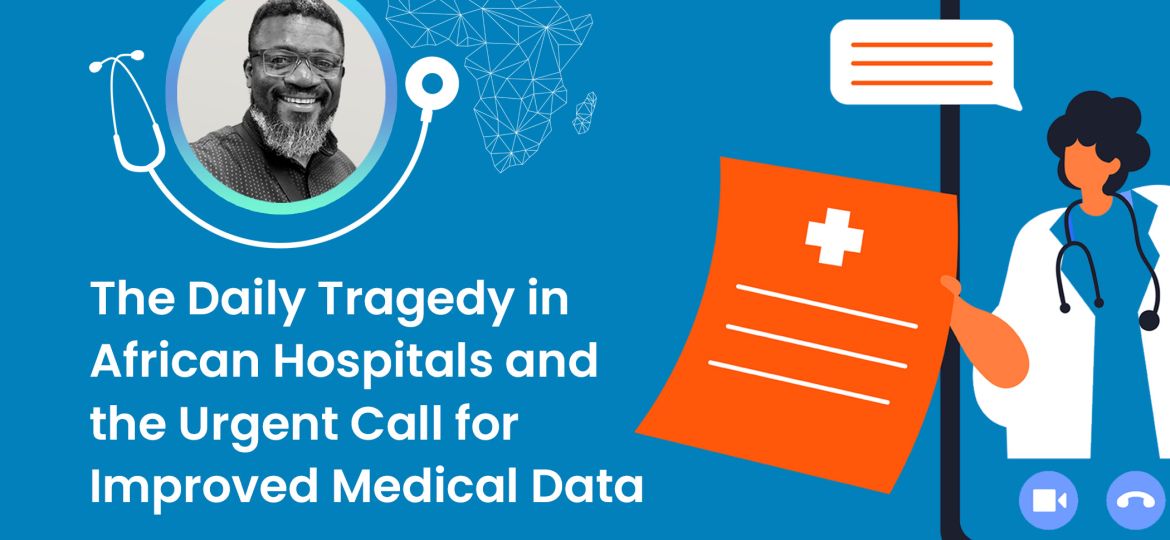
A pressing problem that plagues the healthcare sector throughout the vast stretches of Africa is the lack of sufficient medical data. Sadly, deaths occur inside hospital walls all over the continent as a result of a lack of timely and thorough information. This essay highlights how vital it is to improve medical data systems in order to address the urgent problems facing African healthcare.
Healthcare facilities in numerous African countries struggle with the effects of inadequate and antiquated medical data systems. The lack of real-time information impairs medical personnel’ capacity to make timely, well-informed decisions in both hectic metropolis hospitals and rural clinics. This oversight can have disastrous consequences for patient outcomes and the overall effectiveness of healthcare delivery.
The inaccessibility of patient records and medical histories is a major barrier. Healthcare professionals have difficulty gaining access to thorough records of a patient’s condition, medical background, and current therapies in the lack of centralised and interoperable systems. This inaccessibility not only creates serious risks, especially un emergency situations, but also delays diagnosis and treatment.
The problem is worsened by chronic illnesses like diabetes and hypertension. Patients are exposed to complications that may be avoided with prompt interventions if there was a dependable system in place to monitor and track the development of these illnesses. The death rates in Africa are mostly attributed to the effects of untreated chronic diseases.
Technology as a Catalyst:
Putting in place reliable medical data systems is a life-saving must, not just a luxury of technology. Healthcare providers are more equipped to anticipate possible health hazards, customise treatments, and make educated judgements when they have access to accurate and current information. The continent’s healthcare system could undergo a complete transformation as a result of this move towards data-driven decision-making.
Using technology to its full potential becomes a catalyst for change in the face of this obstacle. The effectiveness and efficiency of healthcare delivery can be greatly increased by making investments in telemedicine, data analytics, and electronic health records (EHRs). These technologies promote a collaborative approach to healthcare by streamlining patient care and facilitating communication between healthcare professionals.
Governments, healthcare institutions, and the commercial sector must work together to address the shortage of sufficient medical data. Investments in health information systems must be prioritised by policymakers, who also need to make sure these systems are complete, safe, and easily accessible. International collaborations can also be extremely important in supplying the funds and know-how required to put sustainable solutions into practice.
It is not only a question of technology; improving medical data systems in Africa is a call to action that will save lives. A dedication to infrastructure investment, adoption of cutting-edge technologies, and placing a high priority on the welfare of communities throughout the continent are necessary to close the healthcare gap.
The tragic reminder of the urgency with which we must confront this pressing issue and collaborate to create a healthier future for Africa comes from the lives lost as a result of insufficient medical data.

